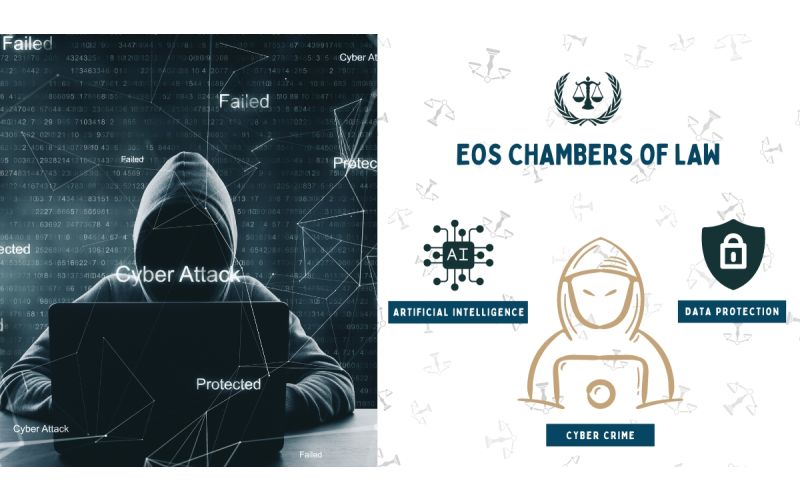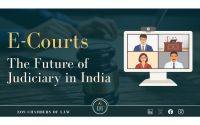'No right for queer couples to jointly adopt’: SC in same-

'No right for queer couples to jointly adopt’: SC in same-sex marriage verdict
The CJI said the law didn't preclude unmarried couples from adopting.
Chief Justice of India DY Chandrachud, while announcing his verdict on a clutch of petitions demanding legal status to same-sex marriages, today struck down the Central Adoption Resource Authority's (CARA) regulation that restricted queer and unmarried couples from adopting children. The five-judge bench, however, in a 3:2 verdict, ruled that non-heterosexual couples cannot be granted the right to jointly adopt a child.
CJI Chandrachud said it couldn't be assumed only "heterosexual married couples can be good parents".
CARA is a statutory body affiliated to the Ministry of Women and Child Development. It is the nodal body for adoption of Indian children. It regulates and monitors all adoptions taking place in India, including inter-country adoptions.
The CJI said the law didn't preclude unmarried couples from adopting, and that the Union of India hadn't proven restricting unmarried couples from adopting was in the best interest of children. "CARA has exceeded its authority in barring unmarried couples," he said.
"Differentia between married couples and unmarried couples has no reasonable nexus with the objective of CARA - the best interests of the child," CJI Chandrachud said.
He said the CARA circular (which excludes queer couples from adoption) is violative of Article 15 of the Constitution, reported Live Law.
The Supreme Court on Tuesday declined to grant legal recognition to same-sax marriages, holding that it is only for Parliament and state legislatures to create such institutions and grant them legal validation.
The Constitution bench -- comprising CJI Dhananjaya Y Chandrachud and justices Sanjay Kishan Kaul, S Ravindra Bhat, Hima Kohli and PS Narasimha -- were unanimous in their judgement that it was beyond the remit of courts to issue a positive direction to the legislature to accord legal recognition to same-sex marriages.
The court refused to change the meaning of the Special Marriage Act. However, it declared queer couples have the right to cohabit without any threat of violence, coercion or interference.
Three of the five judges ruled there can't be a right to form civil unions. By the same majority, the court also held that non-heterosexual couples cannot be granted the right to jointly adopt a child.
Post Categories
Featured Posts
Latest Posts
Latest Posts

AI Data Protection and Cyber crime Navigating Through the Nexus...
It was the dawn of the Digital Revolution in the latter half of th century that started to reshape the world But with the advent of AI data protection and cybersecurity have become paramount concerns for individuals businesses and governments...

Supreme Court Notice To Airlines Regulator Over Pee-Gate Victim s Petition...
New Delhi nbsp The Supreme Court Monday agreed to examine the plea of a -year-old woman on whom a male co-passenger allegedly urinated on board an Air India flight in November last year seeking a direction to the Centre aviation...

Marriages Don t Require Public Declaration SC...
The Supreme Court of India has ruled that not all marriages require a public declaration or solemnisation Not every valid marriage requires a public declaration or solemnisation in a particular manner the Supreme Court held on Monday as it underlined...

Serving Personnel Can't Be Deemed To Ex-Servicemen From Future Date' Supreme Court Rejects Army...
Serving Armed Forces officers can't be deemed to be Ex-Servicemen from a prospective date said the Supreme Court while rejecting the claim of three appellants for appointments as Village Development Officers in the Uttar Pradesh State Service The appellants even...

Protecting Confidentiality A Legal Guide to Non-Disclosure Agreements NDAs in India...
In a rapidly growing business ecosystem safeguarding sensitive information is paramount For Indian businesses Non-Disclosure Agreements NDAs have become crucial legal tools to protect trade secrets proprietary information client details and more This article explores NDAs from an Indian legal...

Understanding the Legal Rights of NRIs in Indian Property Matters...
Introduction For Non-Resident Indians NRIs owning property in India is not just a financial investment but also a connection to their roots and heritage However navigating the legal landscape of property ownership in India can be complex especially for those...

Speak With Our
Get a Appointment
















